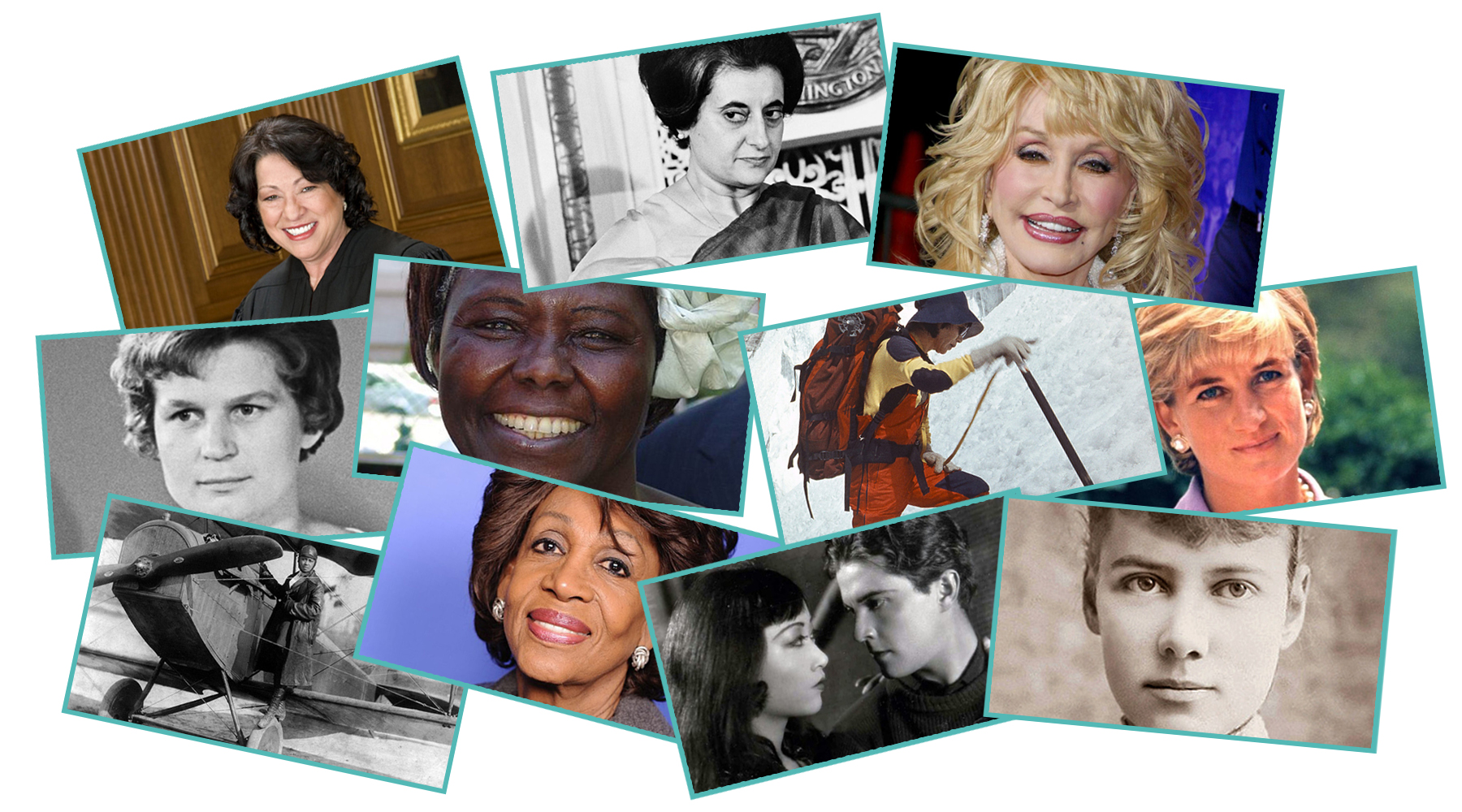When we search for our path in life, we often find that others have blazed a trail before us. These incredible women led the way in politics, activism, education, science, entertainment, and more. Some of them are world-famous luminaries, while others you might not have known about before now.
Malala Yousafzai, Education Activist (1997 – )
Malala Yousafzai is the youngest-ever Nobel Prize laureate for her work as an advocate for education. After being targeted by the Taliban for her activism at the age of fifteen, Malala survived an assassination attempt and became an internationally renowned figure.
“Some people only ask others to do something. I believe that why should I wait for someone else? Why don’t I take a step and move forward. When the whole world is silent, even one voice becomes powerful,” Malala told The Boston Globe in 2013. A year later, at the age of seventeen, she received the Nobel Peace Prize.
Sonia Sotomayor, United States Supreme Court Justice (1998 – 2009)
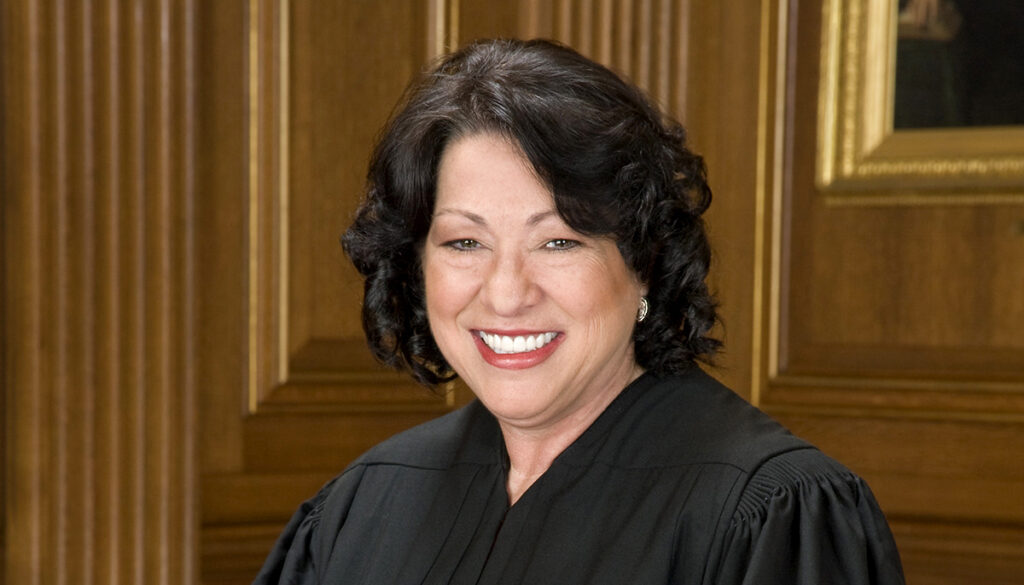
Sonia Sotomayor became the first Latina woman—in fact, the first woman of color—to join the US Supreme Court in 2009. Justice Sotomayor is only the third woman to serve, after Sandra Day O’Connor and Ruth Bader Ginsberg.
The daughter of Puerto Rican immigrants, Sotomayor graduated from Princeton and then Yale. She recently published a children’s book called Just Help! How to Build a Better World, available in both English and Spanish to inspire a new generation to make a difference.
Valentina Tereshkova, Cosmonaut (1937 – )
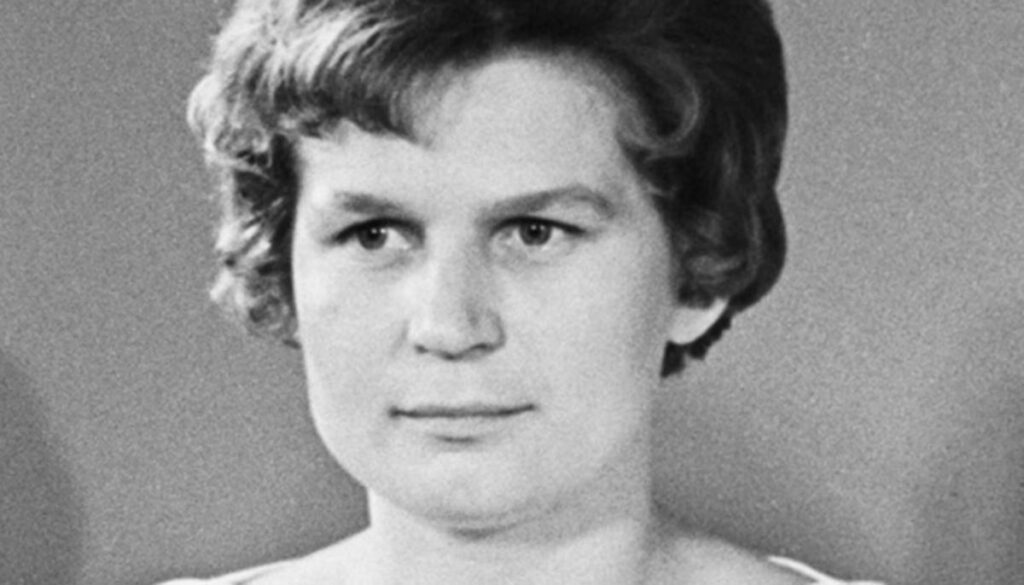
Valentina Tereshkova is both the first and youngest ever woman to travel into space. She flew a solo mission at the age of 26 in the Vostok 6; no female astronaut (or cosmonaut) has flown a solo mission since then. Over three days in space, she orbited the Earth a total of 48 times, shattering the previous record held by US astronauts.
Tereshkova remained in the Soviet Air Force for another 30 years, training future cosmonauts. She retired with the rank of major general and a huge pile of medals.
Read More: These Inspiring Quotes From Olympians Will Help You Win the Gold Medal of Life
Anna May Wong, Movie Star (1905 – 1961)
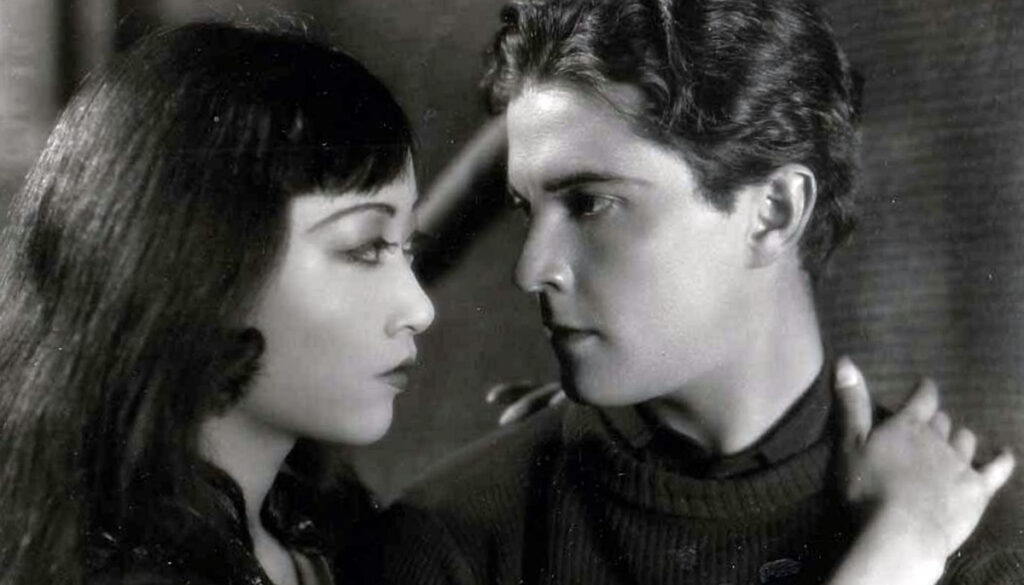
Anna May Wong was a trailblazing Hollywood actress and the first Asian-American movie star. Despite her incredible talent, Wong was all too often relegated to stereotypical supporting roles. She campaigned to play the lead in The Good Earth but was passed over in favor of white actress Luise Rainier, who would go on to win the first Best Actress Oscar. She was offered a bit part as an “exotic” temptress instead, but Wong turned it down on principle.
Anna May Wong’s work as an artist was not fully appreciated until decades after her death, and her legacy lives on.
Jacinda Ardern, Prime Minister of New Zealand
When Jacinda Ardern was elected as the Prime Minister of New Zealand at the age of 37, she became the youngest head of government in the world. Her progressive politics have gained her international attention. Fortune magazine named Prime Minister Ardern the world’s greatest leader in 2021 for her handling of a series of crises.
“One of the criticisms I’ve faced over the years is that I’m not aggressive enough or assertive enough, or maybe somehow, because I’m empathetic, it means I’m weak. I totally rebel against that. I refuse to believe that you cannot be both compassionate and strong,” she told The New York Times in 2018.
Wilma Mankiller, Principal Chief of the Cherokee Nation (1945 – 2010)
As the first woman to serve as the Principal Chief of the Cherokee Nation, Wilma Mankiller was a tireless advocate for Native Americans. Before being elected to the position, she was a community development leader and social worker. Mankiller served as Principal Chief for ten years, from 1985-1995. Afterward, she continued to work as an activist and public speaker. She was awarded the Presidential Medal of Freedom in 1998.
A documentary about her achievements premiered in 2017; you can learn more at Smithsonian Magazine.
Wangari Maathai, Environmental Activist (1940 – 2011)
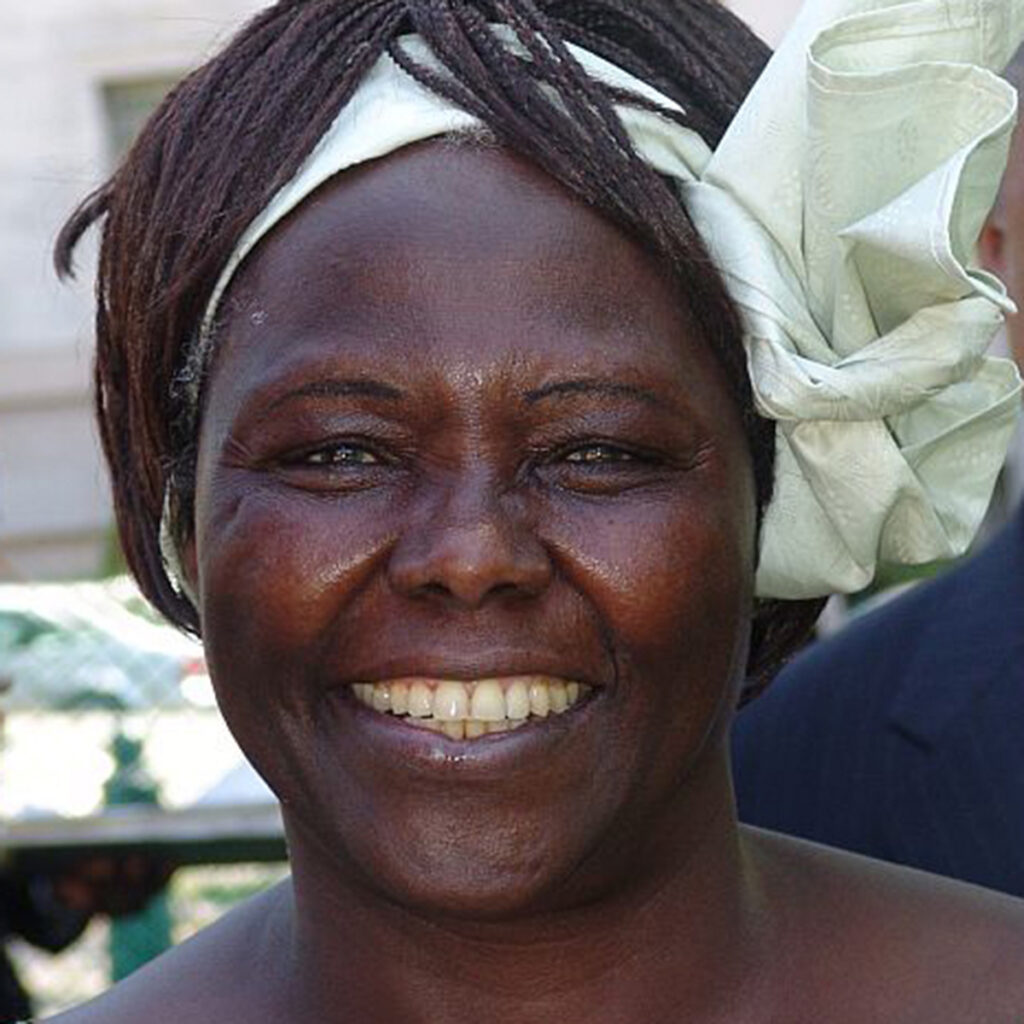
As the first African woman to win the Nobel Peace Prize, Kenyan activist Wangari Maathai fought for environmental conservation and reforestation, as well as women’s rights. She pursued her education in the United States, Germany, and Kenya, eventually becoming the first East African woman to earn a doctorate. She was active in a number of organizations focused on the environment throughout her career in academia. Eventually, she’d found the Green Belt Movement, which paid women to plant trees in Kenya.
Junko Tabei, Mountaineer (1939 – 2016)
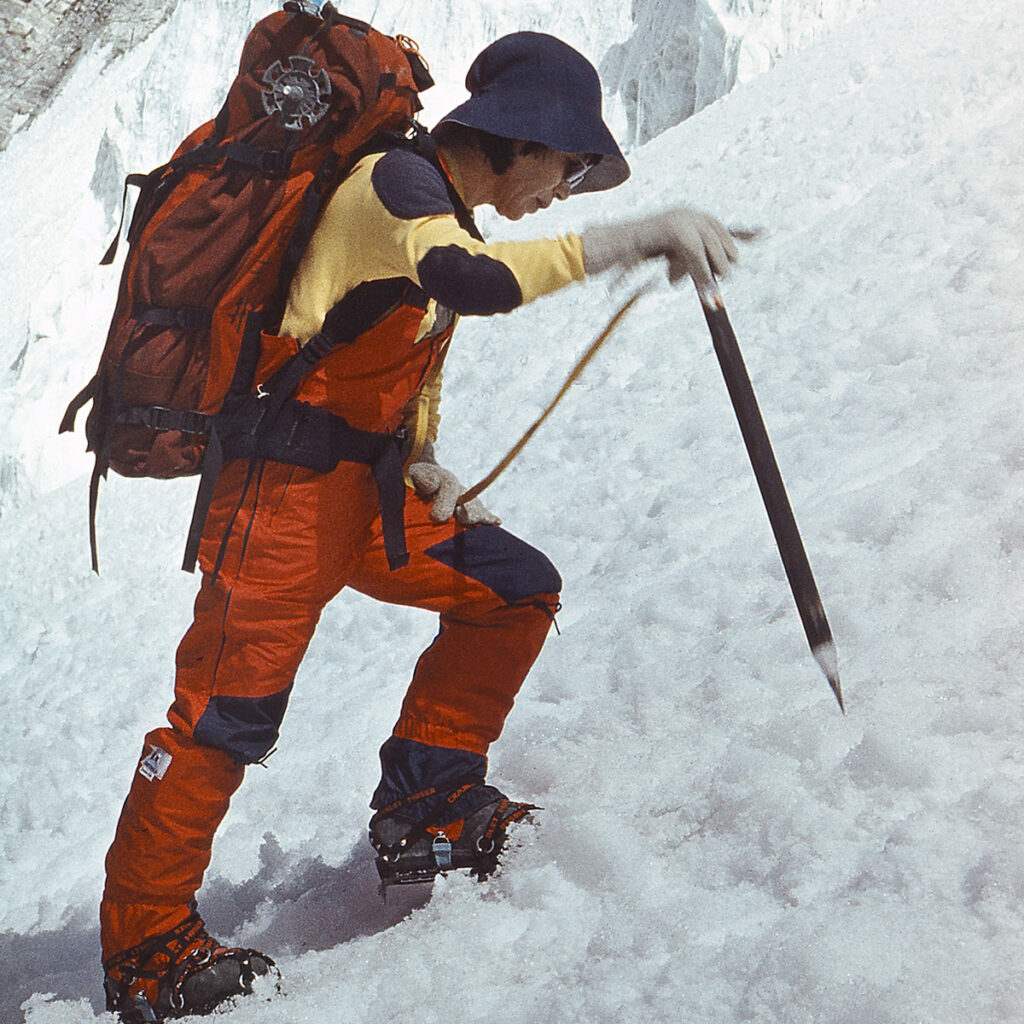
Japanese Junko Tabei certainly wasn’t afraid of heights. She became the first woman to summit Mount Everest in 1975. In 1992, she’d become the first woman to complete the “Seven Summits,” the highest mountain on each of the seven continents. In case you don’t feel like doing the math, she was 53 years old when she achieved that honor.
Tabei wasn’t just interested in achieving new heights and breaking new records. She also organized the clean-up of trash left behind by other climbers on Mount Everest—a significant problem for the world’s highest peak. Her motto was, “Do not give up. Keep on your quest.” Even after being diagnosed with cancer in 2012, Tabei continued climbing.
Bessie Coleman, Aviation Pioneer (1892 – 1926)
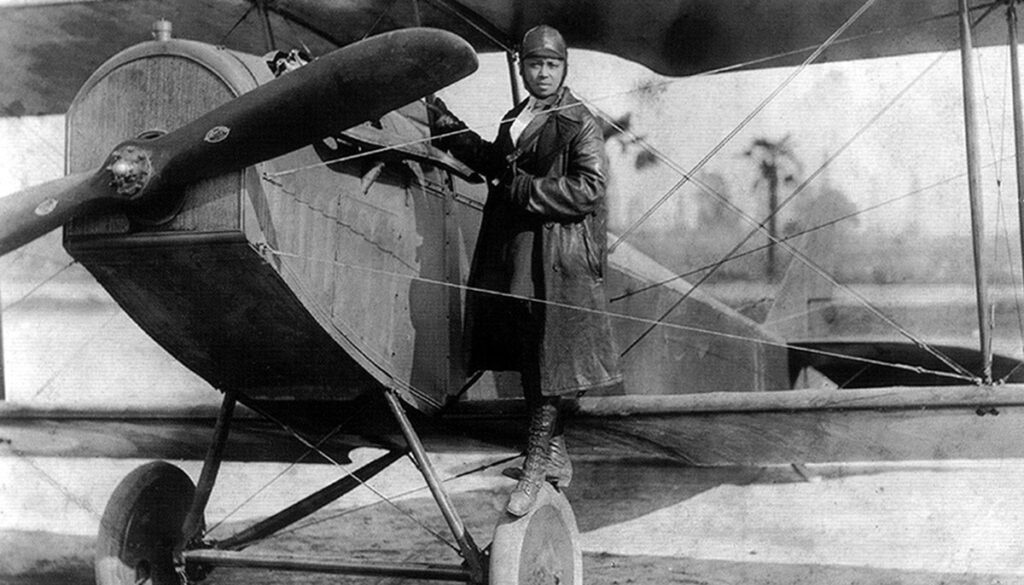
Bessie Coleman was an early pioneer in aviation, but the deck was stacked against her in the United States. As the Black and Native American daughter of sharecroppers, Coleman had limited opportunities to pursue her passion. She moved to France and became the first Black person to obtain an international pilot’s license.
Coleman became a star when she returned to the United States. Although she planned to establish a school for other Black aviators, it would never happen. She died in a plane crash at the age of 34. However, her legacy lives on. Mae Jemison, the first Black woman to travel to space, carried a picture of Coleman on her first mission.
Maxine Waters, United States Congresswoman (1938 – )
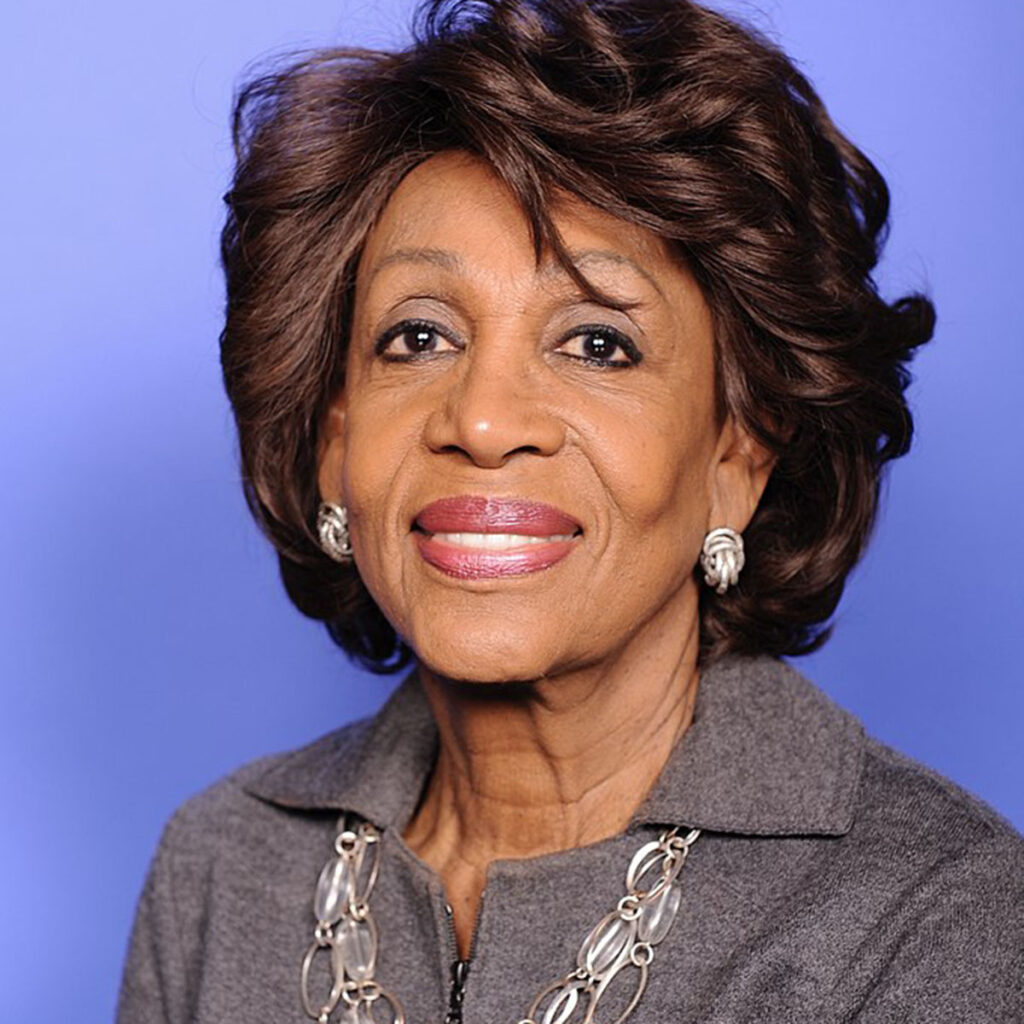
Long-serving Democrat Maxine Waters has stood for California since 1976, first as a member of the state assembly and then as a member of the House of Representatives. She also chairs the House Financial Services Committee.
“You know what I’m told? I’m told that there are so many people out there who believe they don’t have power, that they don’t have influence, and what they have to say doesn’t make a difference. I would like, in the best way possible, to support people being able to think of themselves as people with influence and power,” Waters told Elle in 2018.
Indira Gandhi, Prime Minister of India (1917 – 1984)
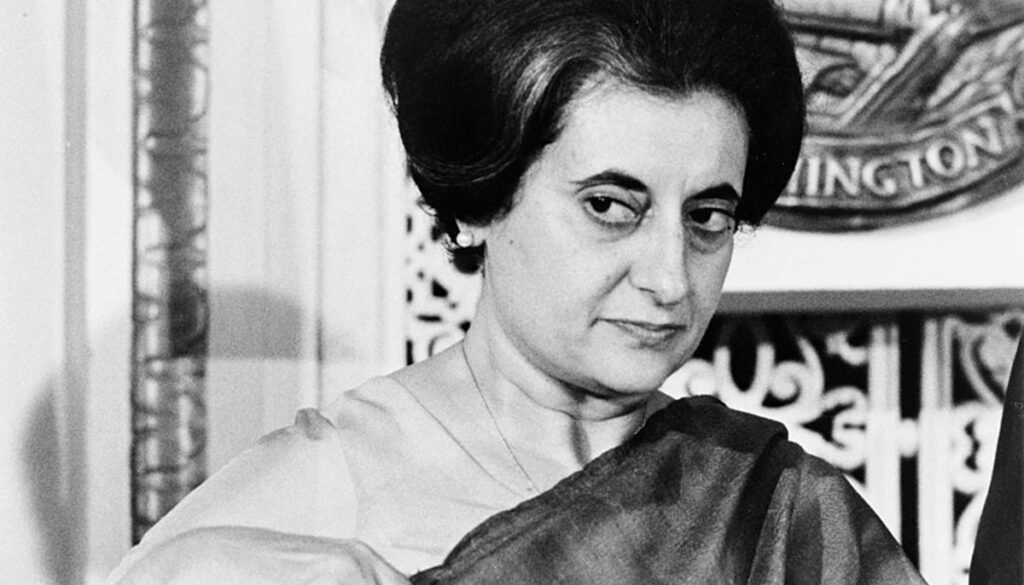
Indian politician Indira Gandhi became the third prime minister of India—and the only woman so far to ever hold the position. Her father was the first prime minister to be elected after India became a democracy in 1947. Ms. Gandhi (who was not related to Mahatma Gandhi, by the way) spent her entire life in politics. Although her time in office was controversial in many ways, she remains one of the handful of women to ever lead a nation on the global stage. She was assassinated in 1984 at the age of 66.
Nellie Bly, Journalist (1864 – 1922)
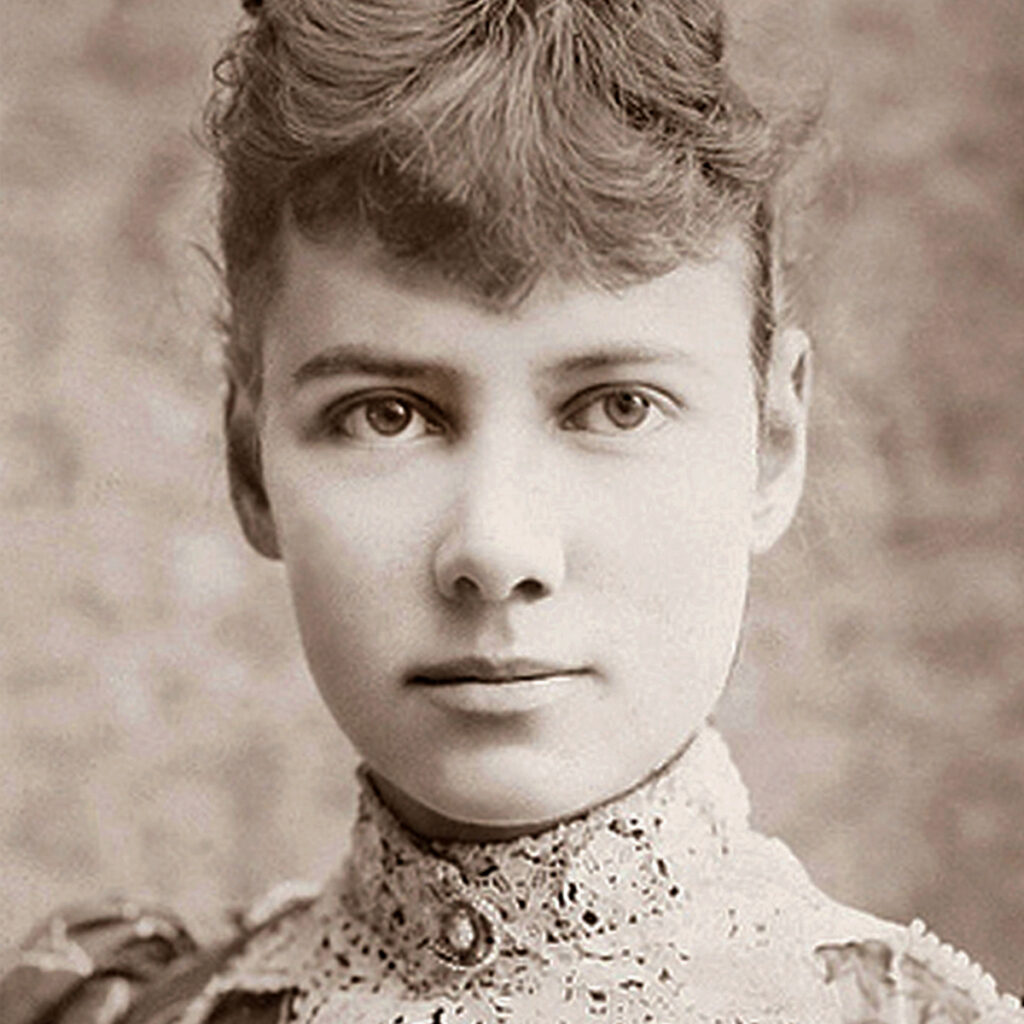
The globe-trotting Nellie Bly (real name: Elizabeth Cochran) made a huge difference in both journalism and social causes during her lifetime. Although her best-known accomplishment might be her journey around the world in just 72 days, beating the fictional record in Jules Verne’s novel Around the World in 80 Days, Bly did more than just stunt journalism.
Frustrated by the limited opportunities for work as a journalist in Pittsburgh, Bly showed up at Joseph Pulitzer’s office in New York and refused to leave until she got a job at his newspaper. Her first big story was an undercover expose from inside the Women’s Lunatic Asylum. In what would later be titled Ten Days in a Mad-House, Bly got herself committed to the notorious asylum and reported on the terrible conditions there. Her report helped bring about reform in the treatment of patients.
Diana, Princess of Wales (1961 – 1997)
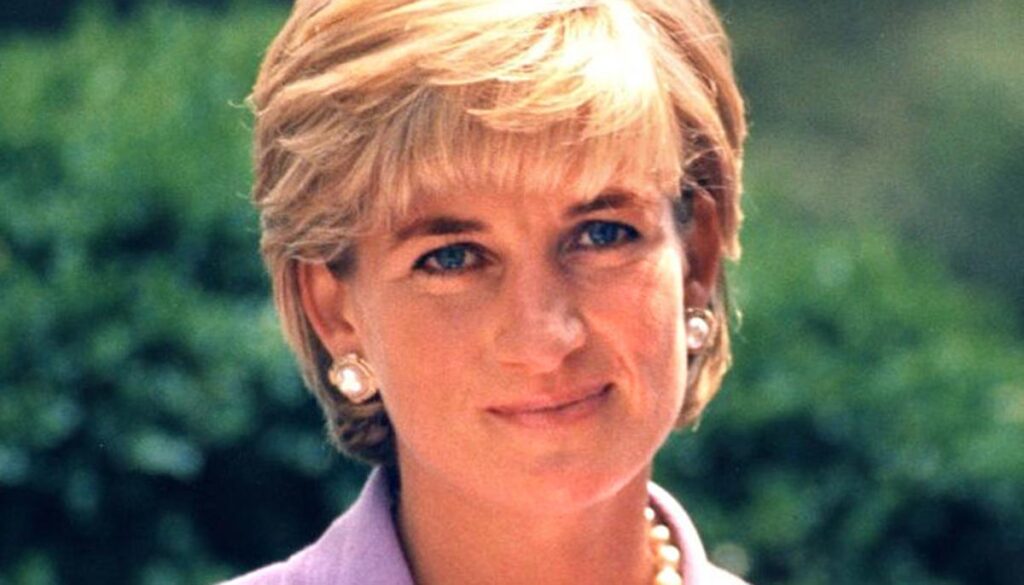
Although Diana’s death at the age of 36 overshadows her legacy, during her brief time in the spotlight, she did a lot of good. Although she was expected to play the part of the demure, obedient wife of the future king, Diana had different ideas. Instead of taking on “acceptable” charity work for children, she became focused on AIDS advocacy, mental illness, and the removal of landmines in war zones.
Diana’s empathy and compassion included charity work with people suffering from leprosy around the world as well as homeless people—especially youth—in the UK. Despite her troubled personal life, Diana used her position to help as many people as she could. Yes, she was glamorous and tragic, but Diana deserves more recognition for her humanitarian work than she gets.
Dolly Parton, Absolute Legend (1946 – )
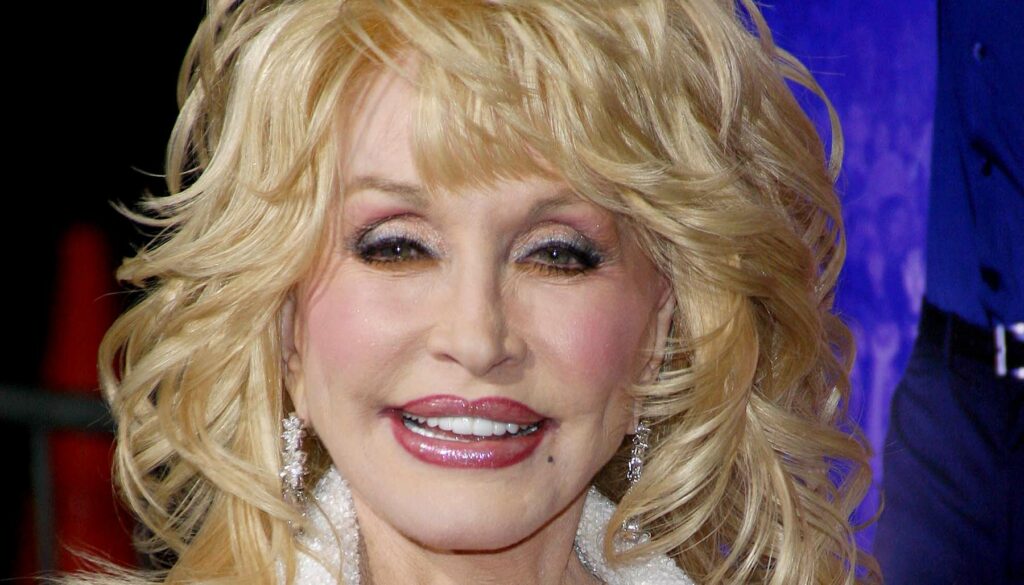
Last—but certainly not least—is the incredible Dolly Parton. After growing up impoverished in Tennessee, she went on to become a country music superstar. Parton not only performed but also wrote many of her greatest hits; in fact, she wrote “Jolene” and “I Will Always Love You” on the same day. She’s also an actress and a charming storyteller, with an outsized sense of humor about herself.
Read More: Wisdom from Our Elders: Dolly, Cher, Oprah, and More Wise Women Over 50
Dolly Parton’s theme park, Dollywood, provides employment and tourism in Pigeon Forge, Tennessee. Her Dollywood Foundation does even more to help Tennesseans who are struggling with the same kind of poverty that shaped Parton’s youth. Dolly Parton’s Imagination Library has sent more than 100 million books to young people across the world. She also donated money to build hospitals, save endangered bald eagles, and develop the Moderna vaccine.


